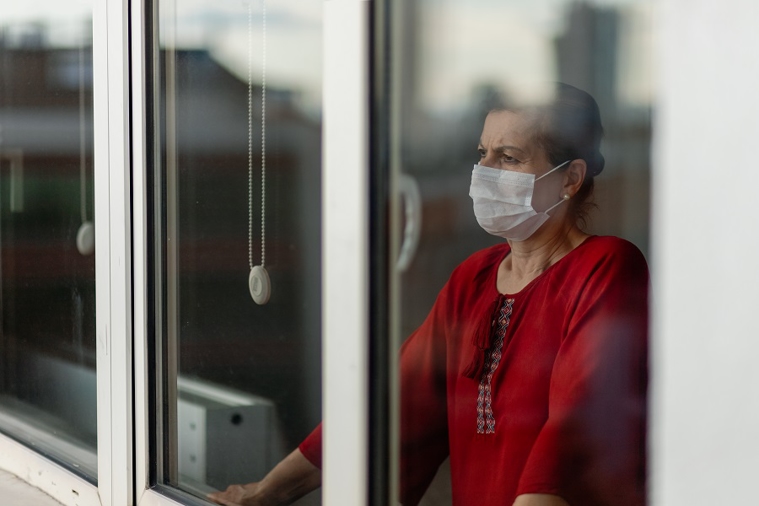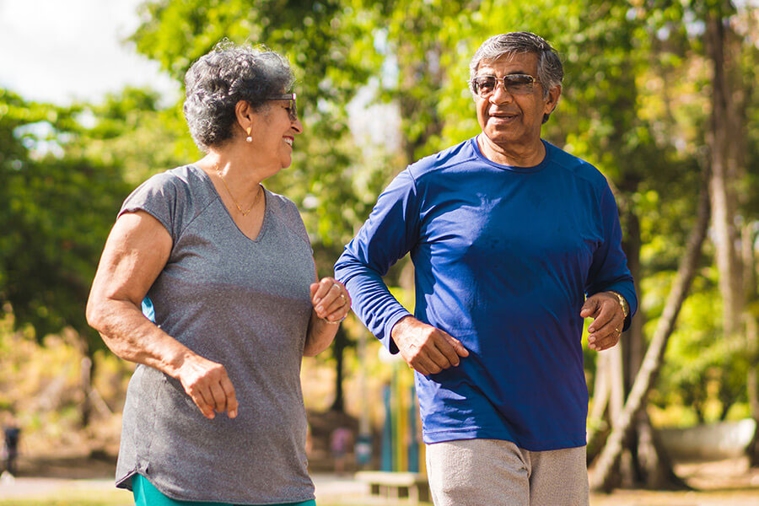
Caring for a loved one with COVID-19 at home
As the coronavirus pandemic continues, many of us are now navigating how to care for a loved one who has become infected with COVID-19. According to the Centers for Disease Control and Prevention, many people with mild virus symptoms can recover safely at home. However, every patient with the virus needs to seek advice from a healthcare provider; those who are at a higher risk of severe illness need to take extra precaution.
If your loved one has COVID-19, what can you do to care for them? How can you offer support while still protecting yourself?
Know the signs
Caring for a loved one with COVID-19 requires that you know the early emergency signs. Have the phone number for the person’s doctor on-hand and know when to call. If someone begins showing any of these emergency signs, seek emergency medical care right away. When you call 911 or your local emergency facility, make sure you communicate that you are seeking care for someone with COVID-19. Some of these warning signs include:
- Difficulty breathing
- Persistent chest pain or pressure in the chest
- Confusion
- Inability to stay awake
- Bluish lips or face
Choose one caregiver
Limiting contact with others is a crucial measure for preventing the spread of coronavirus. When you have a loved one with COVID-19, it’s important to choose one caregiver who can provide support for the patient. This person should not be in a high-risk group. Ideally, this person will also limit their contact with others, both while caring for the loved one and for a period of 14 days after the last exposure.
Experts are still learning new information daily about COVID-19. But we do know that older adults and those with underlying health conditions such as asthma, heart disease or diabetes have a higher risk of developing severe complications from COVID-19 infection. Anyone with these risk factors needs to avoid contact with someone who has COVID-19 symptoms or a known infection.
Be strict about protection
Caring for a loved one may involve helping them follow medication instructions, making sure the person is staying hydrated and encouraging extra rest. Caregivers should wear cloth face coverings and gloves when in direct contact with patients. Wash your hands often with soap and water and resist touching your eyes, nose or mouth.
If possible, try to use a separate bathroom and bedroom as the person who is sick. Avoid sharing personal items, such as cell phones, utensils, dishes, towels or bedding. Caregivers also need to be responsible for disinfecting high-touch surfaces every day. If the person who is sick feels well enough, they may be responsible for disinfecting their own area. These high-touch surfaces include tables, doorknobs, light switches, toilets, faucets, sinks and electronics.
Offer non-medical support
The caregiver should be the only one directly interacting with a sick person. However, there are ways you can offer non-medical support to a loved one. You may be able to grocery shop, pick up prescriptions, cook meals or even care for a loved one’s pet while they are sick. You can offer emotional support from a safe social distance through texting, calling and offering recommendations for books, movies or other sources of entertainment.
While your loved one is sick, make sure you still maintain the routines that help you feel your best, such as exercising, sleeping and eating healthy. Caring for yourself is an essential step to ensuring that you can continue to provide support in your loved one’s recovery.



